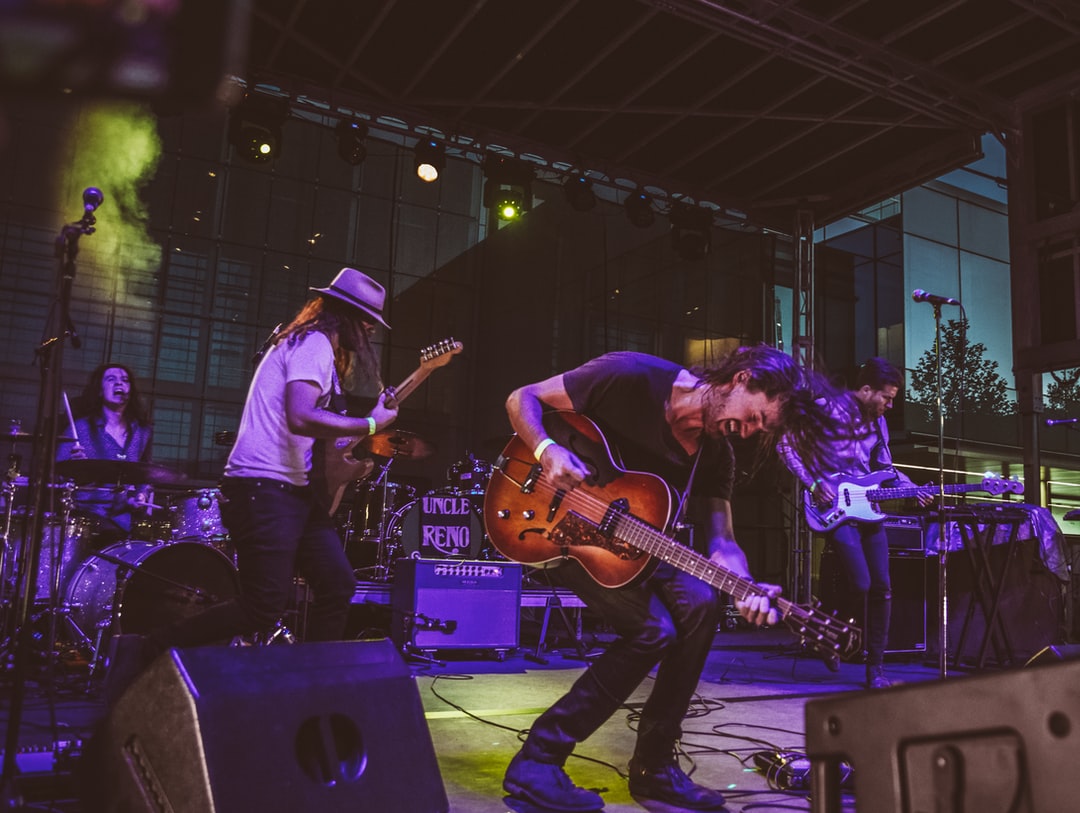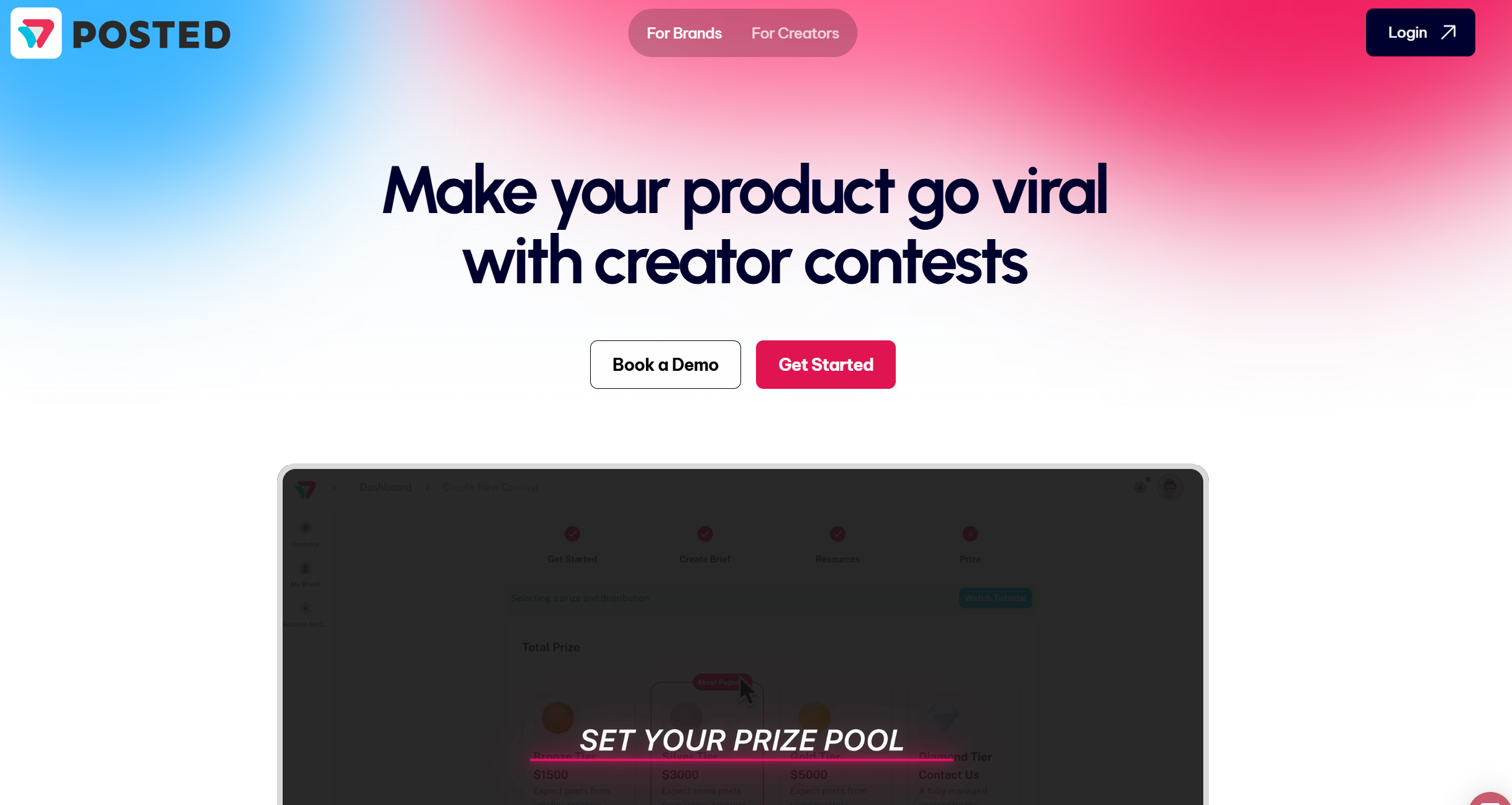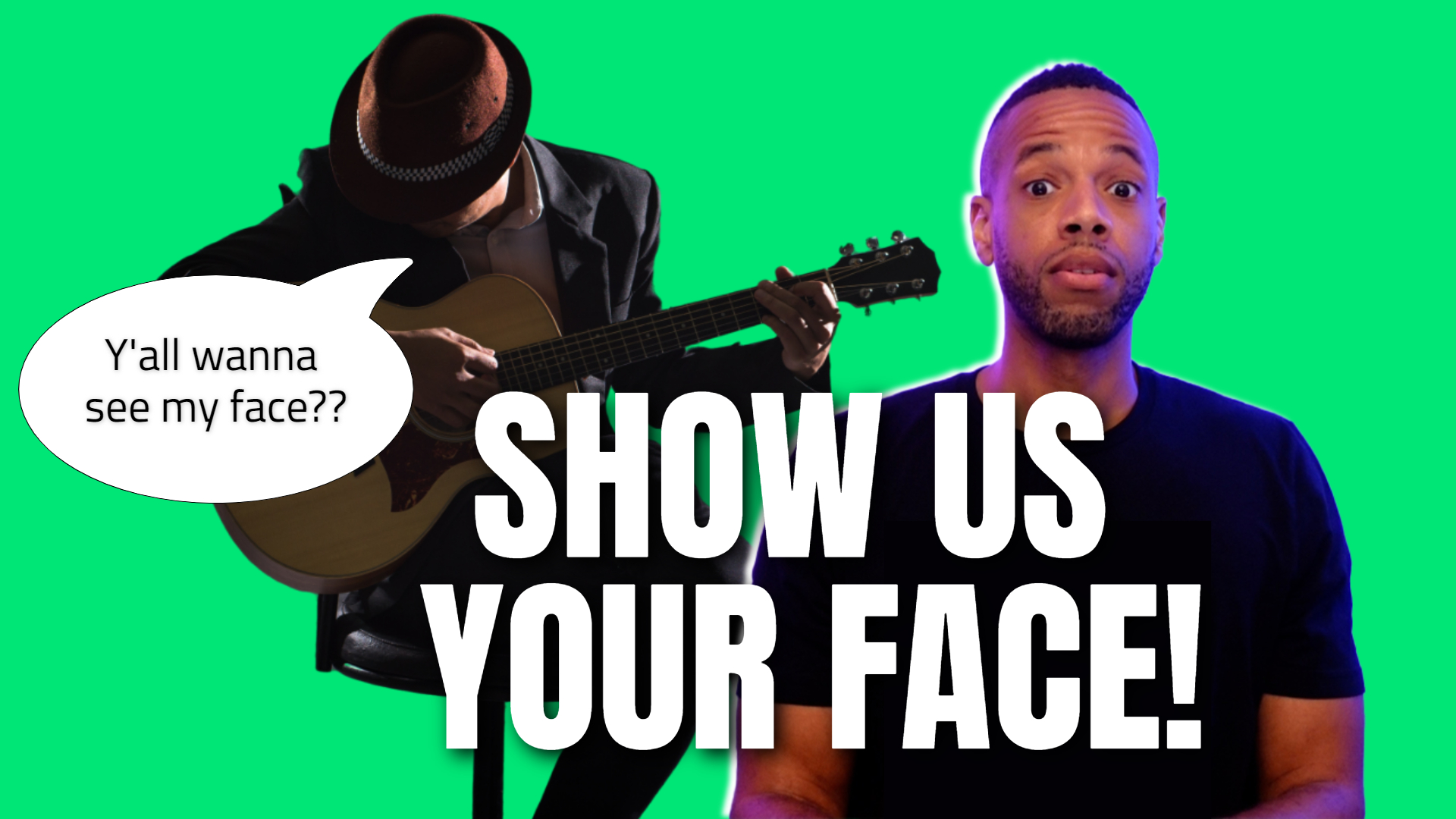Music Licensing (Fully) Explained: Different Types & How To Get One

*This article may contain links to affiliate products & services. We have reviewed these services to try and ensure the highest quality recommendations*
Written by Ramsey Brown.
Music licensing can be a very confusing concept to grasp due to its complex nature and various types and uses. If you have ever heard music being played on a TV show, seen any type of live music, been out to eat at a restaurant where music was played on the speaker, all of these scenarios would have required a specific music license in order to happen legally.
Besides supporting musicians and allowing them to obtain royalties, music licenses essentially grant legal permission to use a piece of copyrighted work. With the appropriate license, the customer has full permission to use the song as written in the documents. Without the appropriate license, the user is illegally using an artist’s original work and may be subject to legal action or litigation.
If you are a musician or anyone who plays music in your establishment, digital media, films, podcasts, or anywhere for the public to hear, it’s extremely important that you understand music licensing and how to properly obtain one. In general, if you’re using a song that’s not yours for something that other people will hear, you need a music license to use it.
A variety of music licenses exist, all protecting and permitting different uses of music. Although it is not a very sexy topic to discuss and most people avoid the conversations around it, it is essential to have the proper knowledge in order to protect yourself moving forward in the music industry.
We are going to explain the 6 different types of music licenses and explain exactly what each of them do and who may need to get one. This article will give you a better overall understanding of music licensing, so you can make an informed decision of which one you might need to acquire in order to prevent legal trouble in the future.
If you are a music professional, business owner, or someone wanting to enhance your music business knowledge, keep reading and take notes!
What is a Music License & How Do They Work?
In legal terms and according to what the law formally dictates — a music license is the permission legally granted to an artist or entity to make use of a song for commercial purposes. This right must always be properly documented, either by means of a written document stamped by the competent official body or in digital format by means of a digital verification seal that allows it to be used on any online platform in the world.
Of course, all these aspects must also be clearly stipulated in the license, otherwise the artist who confers it could not claim anything and the owner of the license could incur in a crime without any consequence. It is therefore very important to know correctly all the licenses that exist and how they work, because otherwise we could not only incur a crime of plagiarism, but also other people could take advantage of our work freely.
Below we explain the different types of licenses that currently exist:
Synchronization License
A synchronization (or Sync) license is basically a granted right to someone or some entity when they want to combine a music track with a moving image. This can be for combining music with a commercial, film, YouTube videos, promotional ads, wedding videos, or any other form of visual content in motion.
This license is very commonly requested by advertising agencies for their product campaigns, international events that want to add music to their promotional ads (such as a soccer World Cup), for the production of DVDs, etc. It is one of the most common and easiest licenses to acquire and is usually granted by music publishers or a music publishing company.
Whenever you release a recording of a song that someone else wrote in a video format, even if it's just a small portion of the song, you need a synchronization license. You don't need a synchronization license for songs that you wrote yourself or songs that are in the public domain.
If you have ever seen videos being removed from YouTube, or have had your own videos taken off social media (that had another artist’s music included in it), this is normally due to the fact that the video was posted without the proper permission or sync license.
Master License
A master license is an agreement between a music user and the owner of a copyrighted audio recording that grants permission to use the recording. This permission is also called a master lease or master rights. The master license allows you to acquire the original recording rights to the song.
You have probably heard of cases where studios, artists, or music licensing organizations have control of a master recording, or a “master.” A master license is often given to the rights holder of the piece of music, which can include the artist and/or record company.
Master licenses are a bit more complex than most others and are similar to sync licenses but not quite as broad-ranging. A master right is held by the person who owns the recording of a song. The master license gives the user permission to use a pre-recorded version of a song in a visual or audio project, but does not allow a user to re-record a song for a project (making a cover song or editing a song). Generally a master license is issued along with a sync license.
Therefore, based on all these differences and being always necessary to have the maximum of rights to produce an artistic project with total freedom, it is essential that before starting a large audiovisual project we acquire both master and sync licenses at the same time. It will save you a lot of problems in the future.
Public Performance License
This is perhaps one of the most requested types of music licenses. As its name suggests, this license gives permission to publicly perform a work. They can also give permission for the work or music to be broadcasted to the public via television, radio, etc.
This includes businesses who play music in their store, jukeboxes, or any other form of public performance — all the way up to concerts. Performing rights organizations (PROs) such as BMI, SESAC, and ASCAP generally manage public performance licenses and issue music royalties to artists on a per-use basis.
This is a very common license among television or radio stations that want to broadcast a certain music to their audience in a completely open way, but it will also be necessary to acquire it for any other entity or person who wants to play such content in front of an audience.
If you have ever been to a car dealership, convention, meeting, or maybe even a fair, and heard licensed music being played, it would technically be an example of a performance license in action. If you own a business or any sort of establishment that plays music, you will be required to have a public performance license in order to broadcast music to your customers or the public legally.
Mechanical License
This license is less common nowadays and mainly used by film-makers, physical distribution companies, and record labels. Mechanical licenses are necessary for those who wish to carry out a physical reproduction of an artist's work. For example, creating tangible content to sell from another's music such as a CD.
Regarding this license, artists are considered as the absolute owners of the copyrights of their music, which is why they and the major record labels have very well elaborated agreements where they agree on the price they will receive for each copy of their music issued.
On the other hand, if someone wants to cover a copyrighted song they will also need a mechanical license, because without it they will not be able to record the cover version, modify the lyrics or make any other changes that directly affect the overall integrity of the artist who has composed it before.
Print Rights License
This license confers on an entity or individual the right to print on paper the work of another artist. This gives the ability to reproduce his or her sheet music to create a compilation of sheet music that will later be offered for sale physically or virtually.
Print rights licenses are less common as it only refers to the physical copy of the sheet music that an artist has created. It’s needed when someone prints a sheet music compilation, or any time the sheet music of copyrighted work is reproduced.
Theatrical License
This is the license that authorizes a theatrical company to perform a copyrighted work to the public. The theatrical license is much more specific than the others and is of course only applied for within the theater industry by theater companies.
No matter how big or small your production, a theatrical license will be needed if you use a licensed song. If you were in any sort of play or theater production when you were younger, a theatrical license would’ve been in use to put on the show legally.
Wrapping Up
These are the six main musical licenses that exist today and that any artist should always keep in mind throughout his or her career. It's important to understand these different types of license and follow the rules of obtaining them because if not, it could complicate things in the future and cause you not to succeed in an increasingly demanding industry.
If you use music that other people created, no matter how you use it, you need to get a license. This is true even if you are giving away your project for free, or if it's for a non-profit. You do not need permission to use songs that you wrote yourself or songs that you know are in the Public Domain.
If you need a music license for your business or entity, or are unsure if you have the proper one, contact your local BMI, ASCAP, or SESAC offices in order to get the correct information. We hope this article will help in your future music endeavors!
When your song is ready to go, it's time to start promoting it to potential fans! Omari has the best organic promotion services money can buy. With packages for Spotify, TikTok, Instagram, and YouTube, we will get your music the traffic and attention it deserves! Click below for more information.
SPEAK YOUR MIND
How This INDIE Artist Got Over 67,598,275 Streams On ONE Song
Join the No-Nonsense Music Marketing Newsletter to get the most valuable weekly case studies and strategies to grow your music business!




